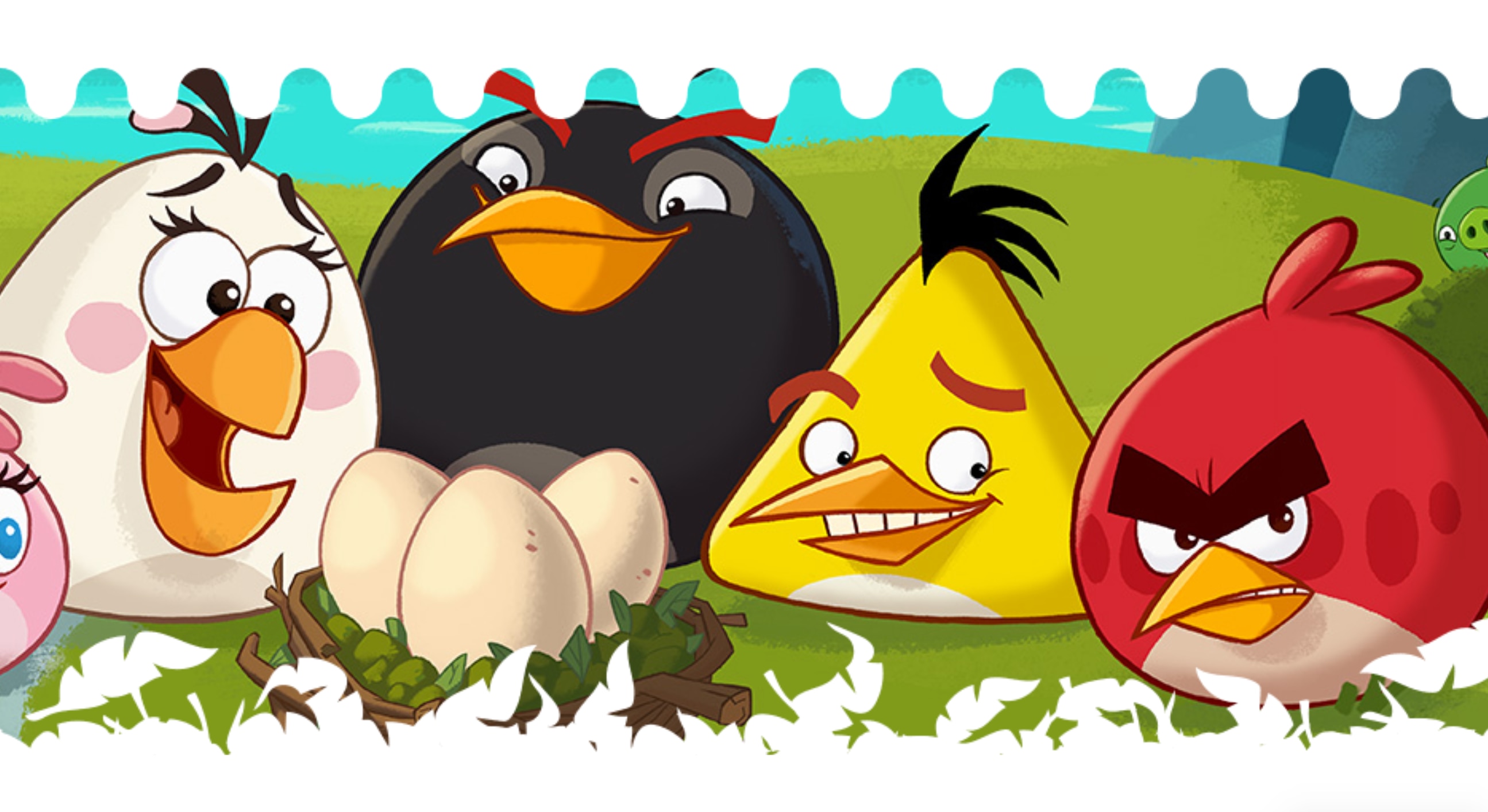Create a free profile to get unlimited access to exclusive videos, sweepstakes, and more!
Report: Facebook accused of encouraging kids to overspend on Angry Birds, Ninja Saga

Angry Birds and Ninja Saga are among the games Facebook reportedly was accused in a class action lawsuit of exploiting, via a practice the company internally referred to as “friendly fraud” — whereby a child could spend money on in-game transactions without needing a parent’s permission.
The Center for Investigative Reporting revealed this week that recently unsealed court documents appear to show the social media giant knew about the practice, and even encouraged it, in order to boost revenue.
According to the report, the company “orchestrated a multiyear effort that duped children and their parents out of money, in some cases hundreds or even thousands of dollars, and then often refused to give the money back,” despite “years” of warnings from employees concerned “that [Facebook] was bamboozling children.”
One extreme instance involved a 15-year-old, who spent a reported $6,500 over two weeks of Facebook gaming, and whose family’s requests for refunds were denied.
“Facebook employees referred to these children as ‘whales’ – a term borrowed from the casino industry to describe profligate spender,” the report states. “A child could spend hundreds of dollars a day on in-game features such as arming their character with a flaming sword or a new magic spell to defeat an enemy — even if they didn’t realize it until the credit card bill arrived.”
The accusations reportedly centered on the company’s alleged practice of encouraging game developers to allow kids to make in-game purchases without their parents’ consent — sometimes without even knowing that they were spending real money — “in an effort to maximize revenues, according to a document detailing the company’s game strategy.”
The report further notes that Angry Birds developer Rovio expressed concern to Facebook over its “high” chargeback rates, and that a resulting internal analysis yielded a startling pair of facts: “[I]n nearly all cases, about 93 percent of the time, the refunds were a result of credit card holders not realizing the game was charging their account,” the report states. And “[t]he average age of those playing Angry Birds was 5 years old.”
The report suggests that Facebook quelled internal attempts to end the practice. “A team of Facebook employees even developed a method that would have reduced the problem of children being hoodwinked into spending money, but the company did not implement it, and instead told game developers that the social media giant was focused on maximizing revenues,” it states.
The suit reportedly stems from a series of charges in 2011, when Phoenix parent Glynnis Bohannon could find no recourse through Facebook’s public-facing contact information to dispute the transactions her then-12-year-old son had inadvertently racked up while playing Ninja Saga.
The lawsuit eventually grew into a class action, and the internal documents pertaining to the alleged “friendly fraud” practice cover the period between 2011 and 2014, according to the report. Facebook settled the lawsuit in 2016; a U.S. District Court judge ordered the documents unsealed on Jan. 14.


























